Plastic water bottles offer the benefits of convenience and portability but that comes at a serious environmental price, one which definitely isn’t worth paying. A UN report published in 2016 stated that more than 300 million tonnes of plastic were produced in 2014 and predicted that this would rise to more than 2,000 million tonnes by 2050. Annual consumption of plastic bottles alone is predicted to top more than half a trillion by 2021. The demand for bottled water is seemingly unstoppable – over 20,000 bottles are purchased each second around the world. All this plastic has to be disposed of somehow and plastic water bottles contribute significantly to the problem.
Different kinds of plastic biodegrade at different rates but the average biodegrading time is 450 years and some kinds of plastic bottles will be with us for more than 1,000 years. The extreme durability of plastic bottles then presents the problem of how to dispose of them. Vast quantities of plastic waste now end up in landfill or in the sea after being dumped and this causes significant environmental problems.
Plastic bottles in the ocean cause many problems
The spread of plastic debris has economic, social and environmental costs beyond the obvious damage. For example, jellyfish use floating plastic debris in the ocean to ‘hitch a ride’ to new habitats where they are not indigenous, thus changing the ecosystems in those places, taking away food from fish and other marine life. Perhaps even more troubling is the fact that plastics are being ingested by fish, seabirds and other marine organisms thus entering the food chain and making their way up to humans. A study by Plymouth University found plastic in a third of fish caught in the UK, including cod, mackerel, haddock and shellfish.
Biodegradable plastic isn’t the answer
Even so-called biodegradable plastics don’t really solve this problem as they only degrade at temperatures of 50c, so will never break down in the ocean where much plastic waste ends up. Plastic bottles can be recycled, but for this to happen they need to be collected up and at the moment that’s just not happening consistently enough – less than half of the bottles bought in 2016 ended up being recycled, with the rest ending up in the ocean or as landfill.
Organisations are waking up to the need to reduce use of plastic water bottles
The majority of plastic bottles are used for drinking water and it’s encouraging to see that organisations and governments are starting to take this problem increasingly seriously. For example, the sandwich chain Pret a Manger recently announced that it is trialling a new scheme that encourages customers to fill up water bottles for free using new filtered water stations in its stores. It will also sell two sizes of reusable glass bottles as an alternative to plastic bottles.
Similarly, the Glastonbury Festival has a long partnership with WaterAid, offering water bottle refill points around the festival site and encouraging festival-goers to buy a WaterAid refillable bottle or refill their own bottles rather than to buy bottled water. Bristol is now a so-called ‘refillable city’ in which hundreds of cafes, restaurants and bars will allow people to fill up their water bottles for free.
How can you reduce bottled water use in your organisation?
So what can individual businesses do to address this problem? Installing prominent recycling containers throughout your premises makes it easier for staff to dispose of their water bottles in a more environmentally sustainable way, which is obviously a step in the right direction, however better still would be to discourage employees from drinking bottled water at all. Here are some ideas about how to do that.
- Install a sustainable water dispenser – systems such as Billi’s range of filtered still, sparkling and boiling water dispensers completely eliminate the need for bottled water as employees can have chilled or sparkling water instantly. In addition, Billi products use far less energy and cost less than standard water systems.
- Give each employee a refillable water bottle – there are many different styles and types of bottles available, including BPA-free reusable plastic bottles as well as glass and stainless steel. Many are available with customisation such as your company logo printed on them and a scheme like this can also be a point of positive PR for your company.
- Educate employees on the negative effects of water bottle waste – many people simply aren’t aware of the damage that water bottles can do to the environment and would be horrified if they did know.
- Incentivise employees for using reusable bottles – some employers hold inter-departmental competitions with prizes available to whichever department becomes ‘bottle-free’ first.
- Create a sustainability team – often schemes like this work best when the ideas come from within your workforce rather than being imposed from the top down. Think about setting up a sustainability team with members drawn from employees in all parts of the organisation, tasked with the specific responsibility of coming up with ideas to further reduce bottled water use.




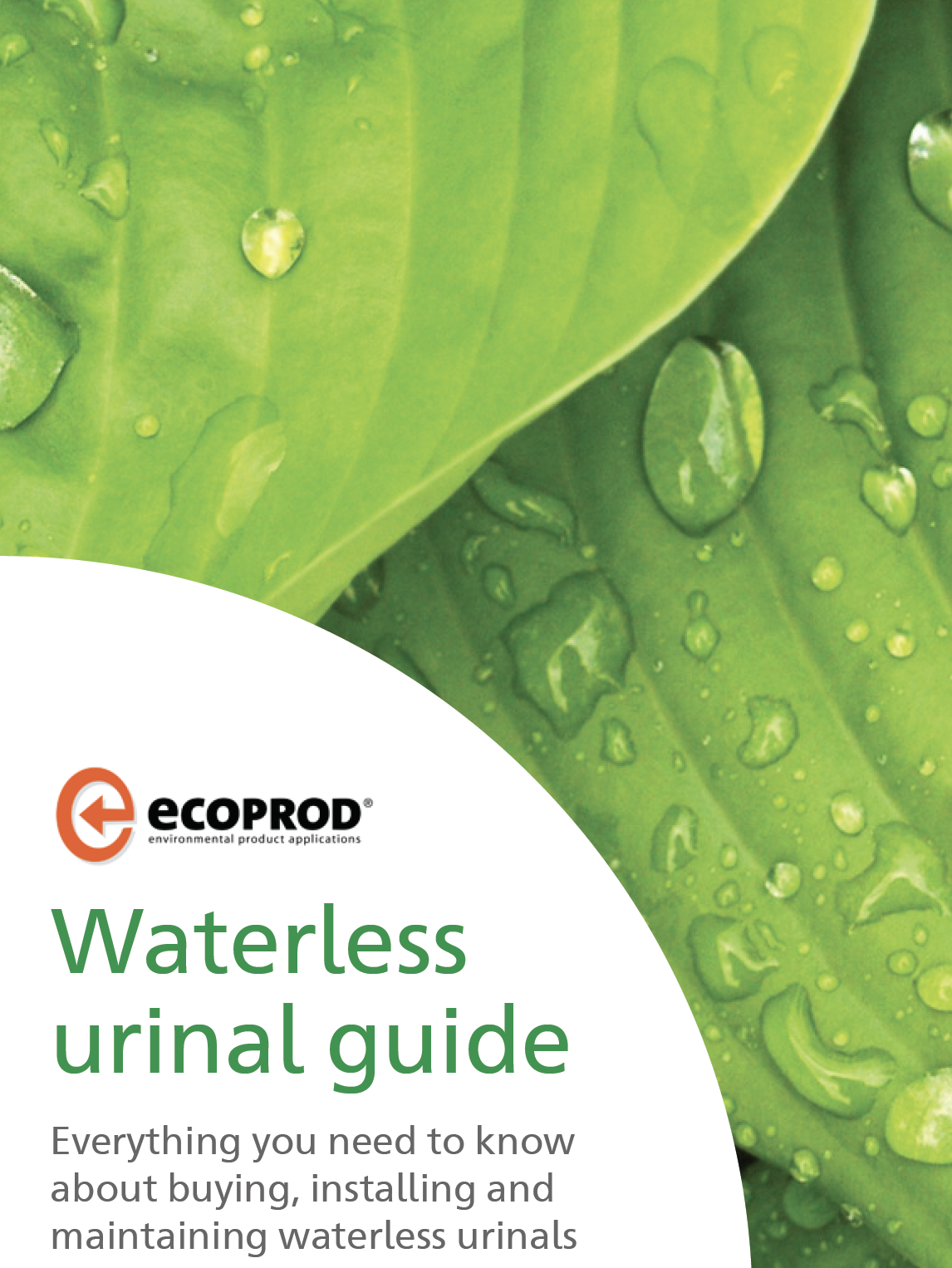
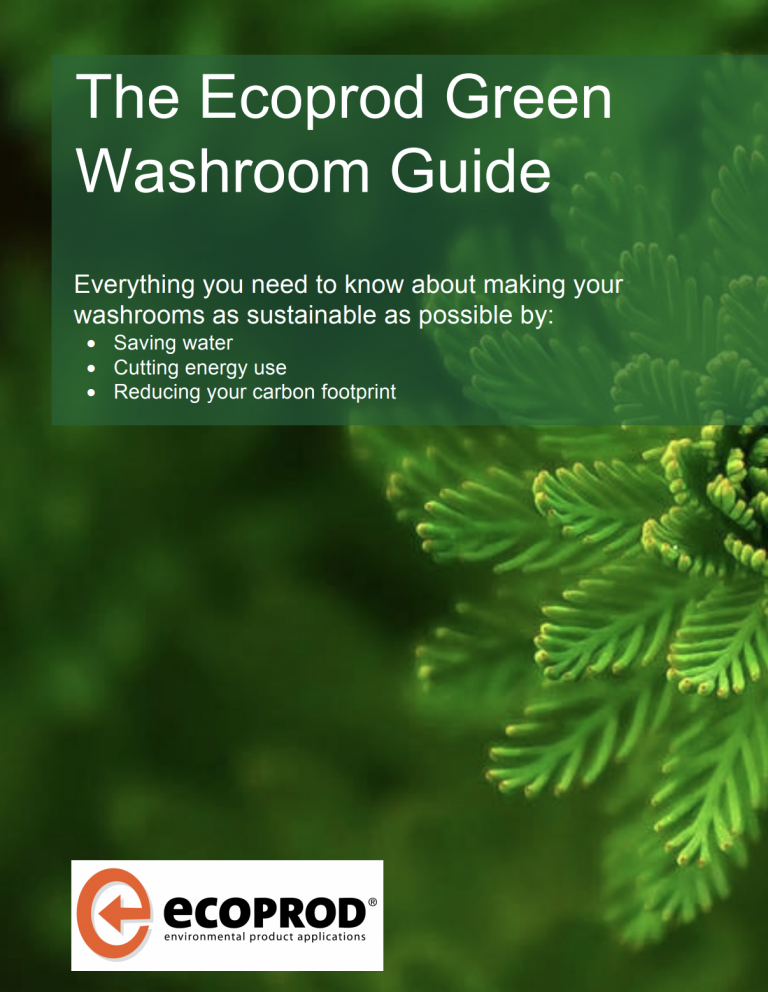
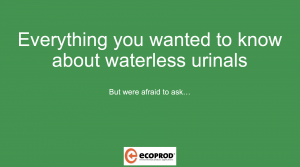
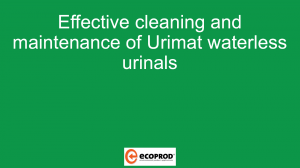





 For the last 8 years Robert Summer – Head of International Sales and Marketing – has developed structured distribution network worldwide for CONTI+ brand. The products offer great benefit for washrooms and shower rooms for public, semi-public and health sector. Today, sustainability, hygiene and smartness are key to CONTI+ solutions. Robert lives the brand and its USPs and loves to support and motivate his team on a daily basis.
For the last 8 years Robert Summer – Head of International Sales and Marketing – has developed structured distribution network worldwide for CONTI+ brand. The products offer great benefit for washrooms and shower rooms for public, semi-public and health sector. Today, sustainability, hygiene and smartness are key to CONTI+ solutions. Robert lives the brand and its USPs and loves to support and motivate his team on a daily basis.




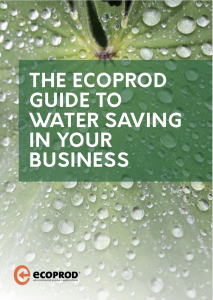
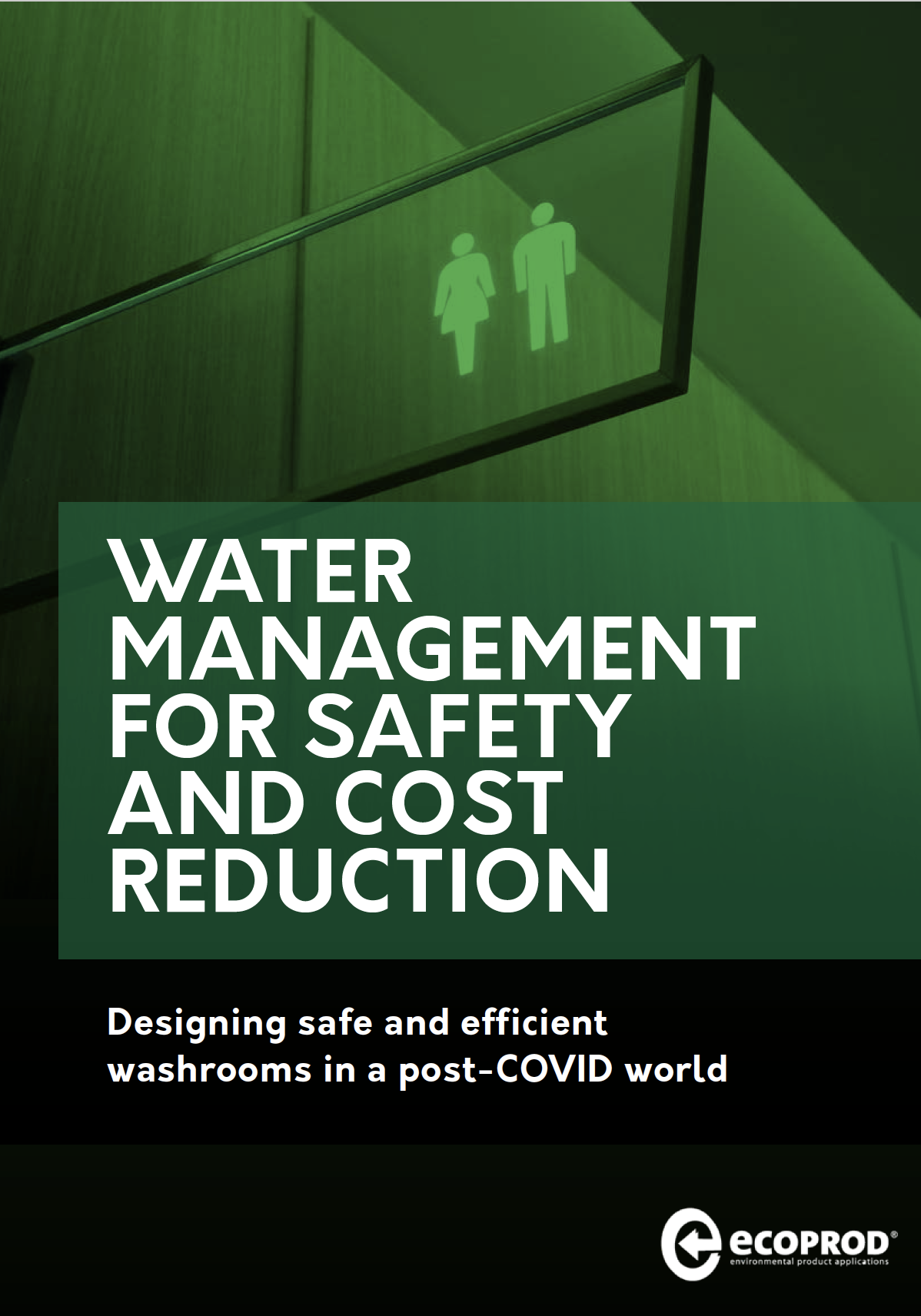

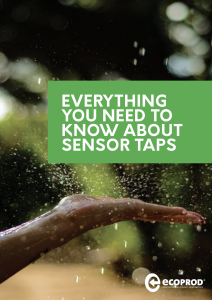
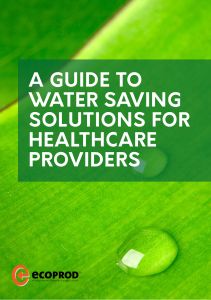
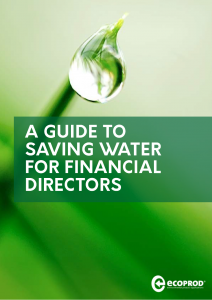
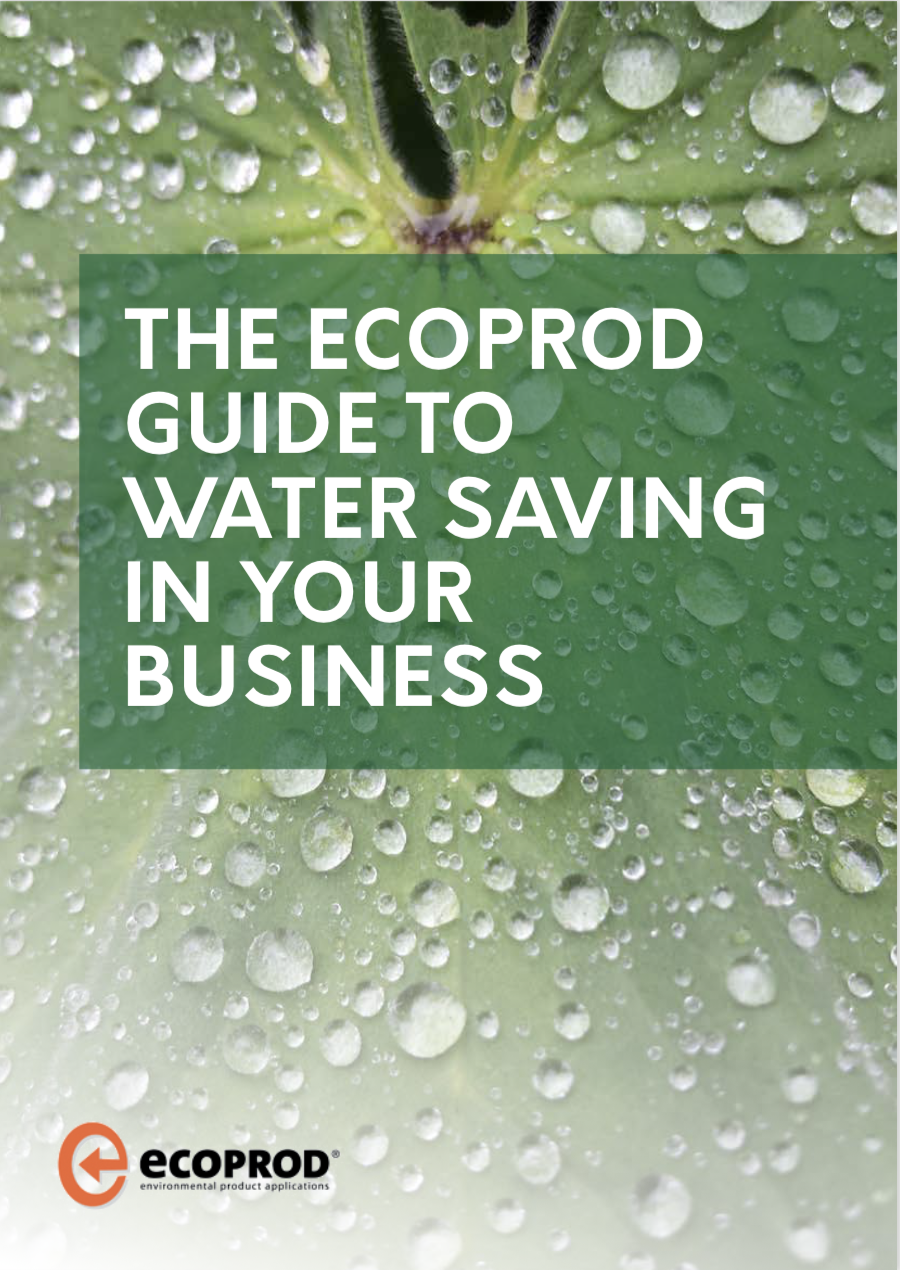
Comments are closed.